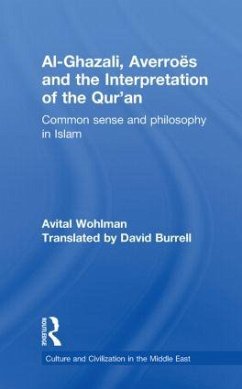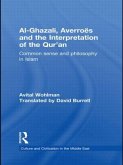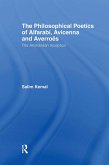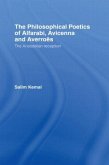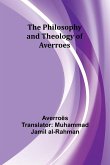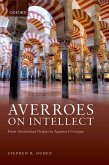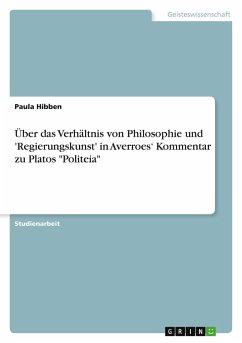This book examines the contrasting interpretations of Islam and the Qur'an by Averroes and Al-Ghazali, as a way of helping us untangle current impasses affecting each Abrahamic faith. This has traditionally been portrayed as a battle between philosophy and theology, but the book shows that Averroes was rather more religious and Al-Ghazali more philosophical than they are usually portrayed. The book traces the interaction between two Muslim thinkers, showing how each is convinced of the existence of a Book in which God is revealed to rational beings, to whom He has given commandments, as well as of the excellence of Islamic society. Yet they differ regarding the proper way to interpret the sacred Book. From this point of view, their discussion does not address the contrast between philosophy and religion, or that between reason and revelation that is so characteristic of the Middle Ages, but rather explores differences at the heart of philosophical discussion in our day: is there a level of discourse which will facilitate mutual comprehension among persons, allowing them to engage in debate? This interpretation of sacred texts illustrates the ways religious practice can shape believers' readings of their sacred texts, and how philosophical interpretations can be modified by religious practice. Moreover, since this sort of inquiry characterizes each Abrahamic tradition, this study can be expected to enhance interfaith conversation and explore religious ways to enhance tolerance between other believers.
Hinweis: Dieser Artikel kann nur an eine deutsche Lieferadresse ausgeliefert werden.
Hinweis: Dieser Artikel kann nur an eine deutsche Lieferadresse ausgeliefert werden.

